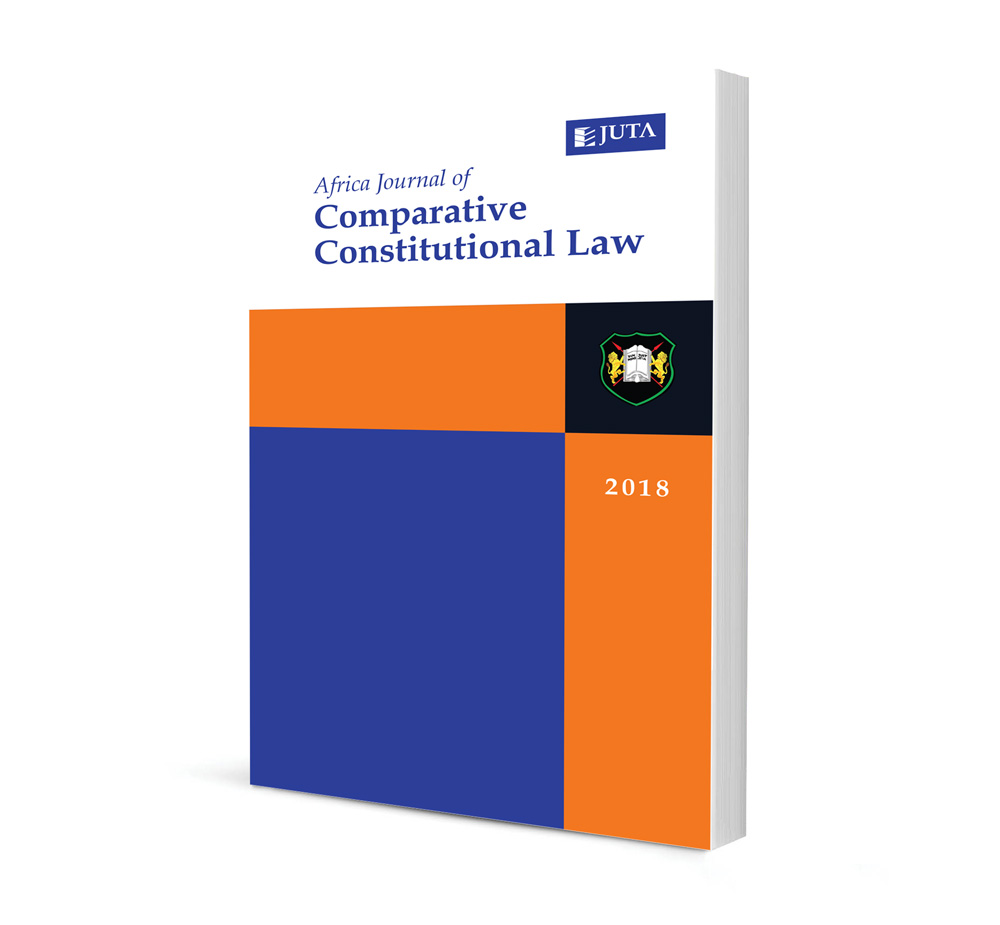Judicial Enforcement of Constitutionalised Anti-Corruption Principles: The Case of Kenya

Judicial Enforcement of Constitutionalised Anti-Corruption Principles: The Case of Kenya
Author: Walter Khobe Ochieng
ISSN: 2521-5434
Affiliations: LLM (Pretoria), LLB (Moi), PGD (Kenya School of Law), Lecturer, Department of Public Law, Moi University and Advocate of the High Court of Kenya
Source: Africa Journal of Comparative Constitutional Law, 2021, p. 1 – 22
https://doi.org/10.47348/AJCL/2021/a1
Abstract
The Constitution of Kenya 2010 has entrenched values and principles of leadership and integrity. Adherence to these values and principles is an eligibility criterion for appointment to public office. The Anti-Corruption and Economic Crimes Act 3 of 2003, one of the laws that give effect to constitutionally entrenched values and principles of leadership and integrity, provides for the suspension from office of public officers charged with offences relating to corruption and economic crime. The enforcement of these twin innovations, ethical standards on eligibility for state/public office and suspension from office pending trial, constitute a key cog in Kenya’s anti-corruption strategy. This paper examines the emerging practice and contestation in the enforcement of these twin constitutional innovations by the judiciary.